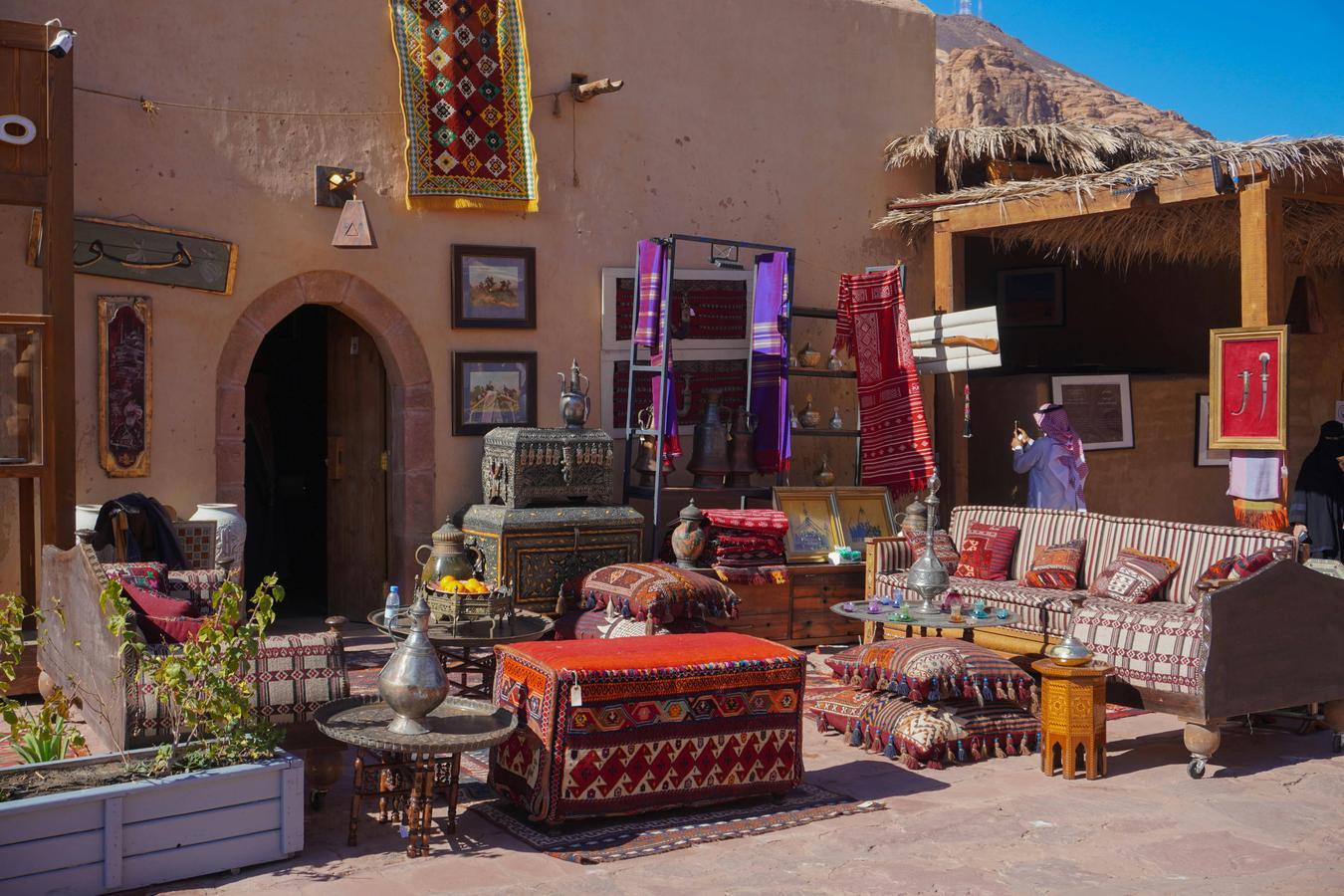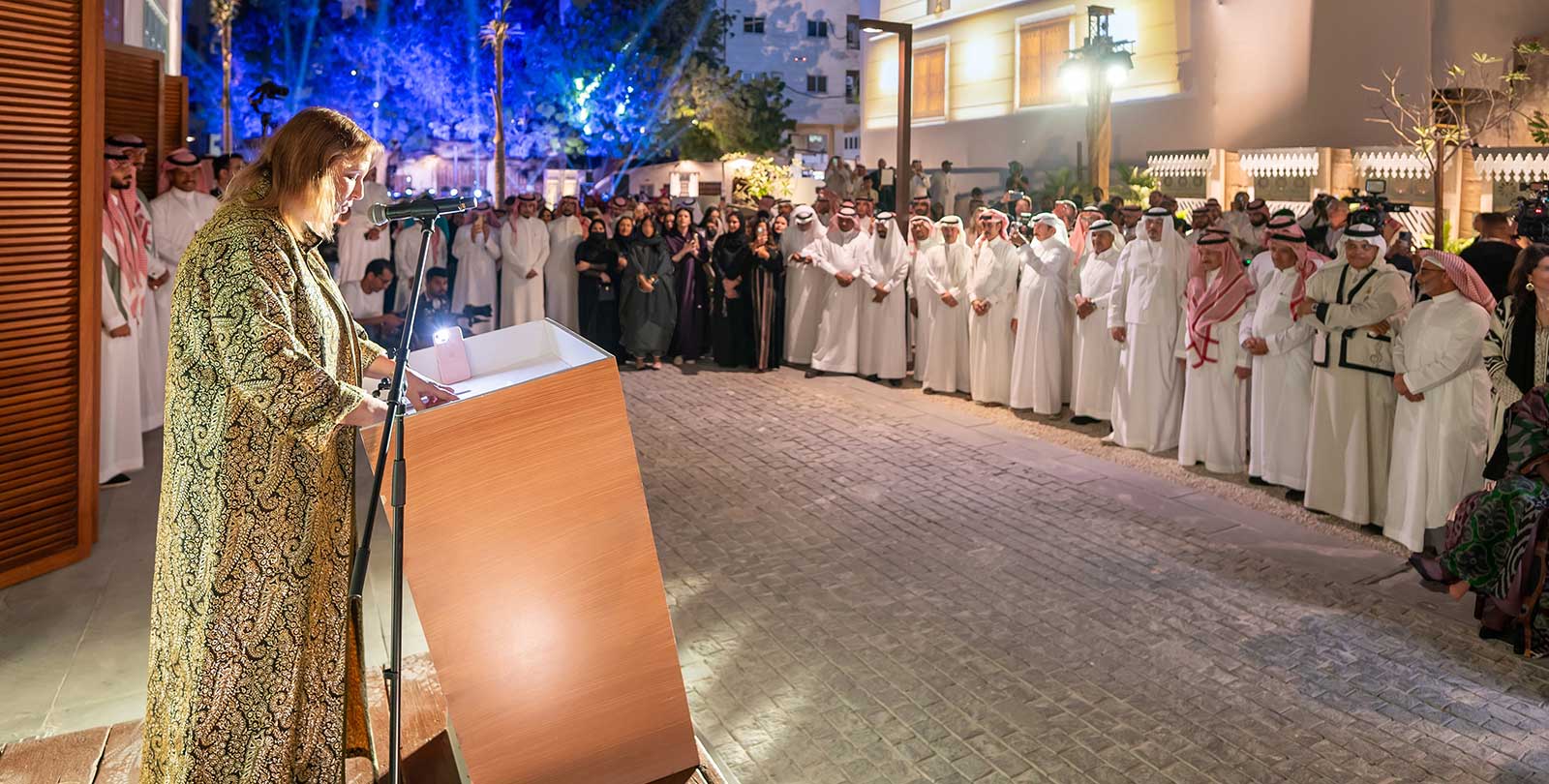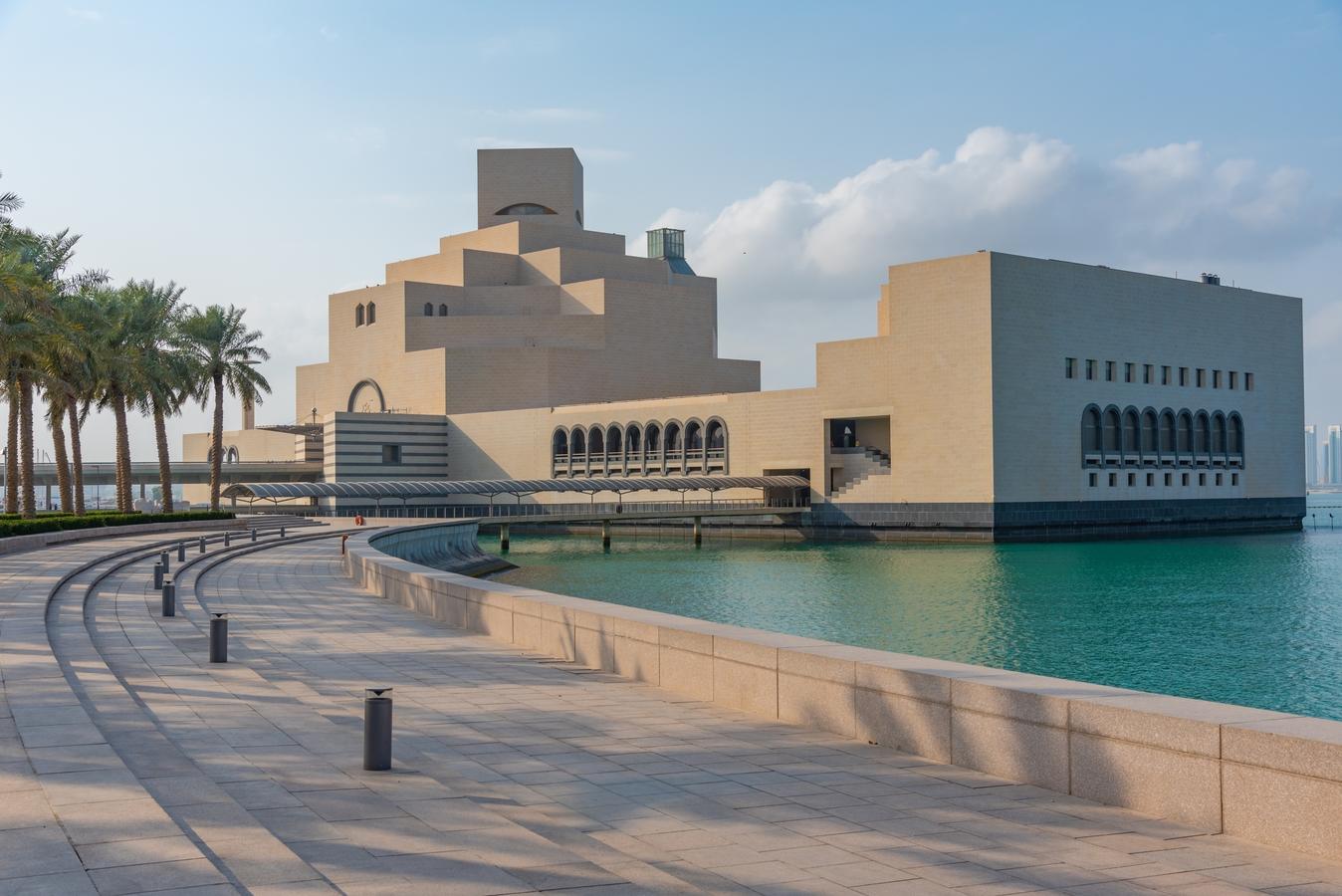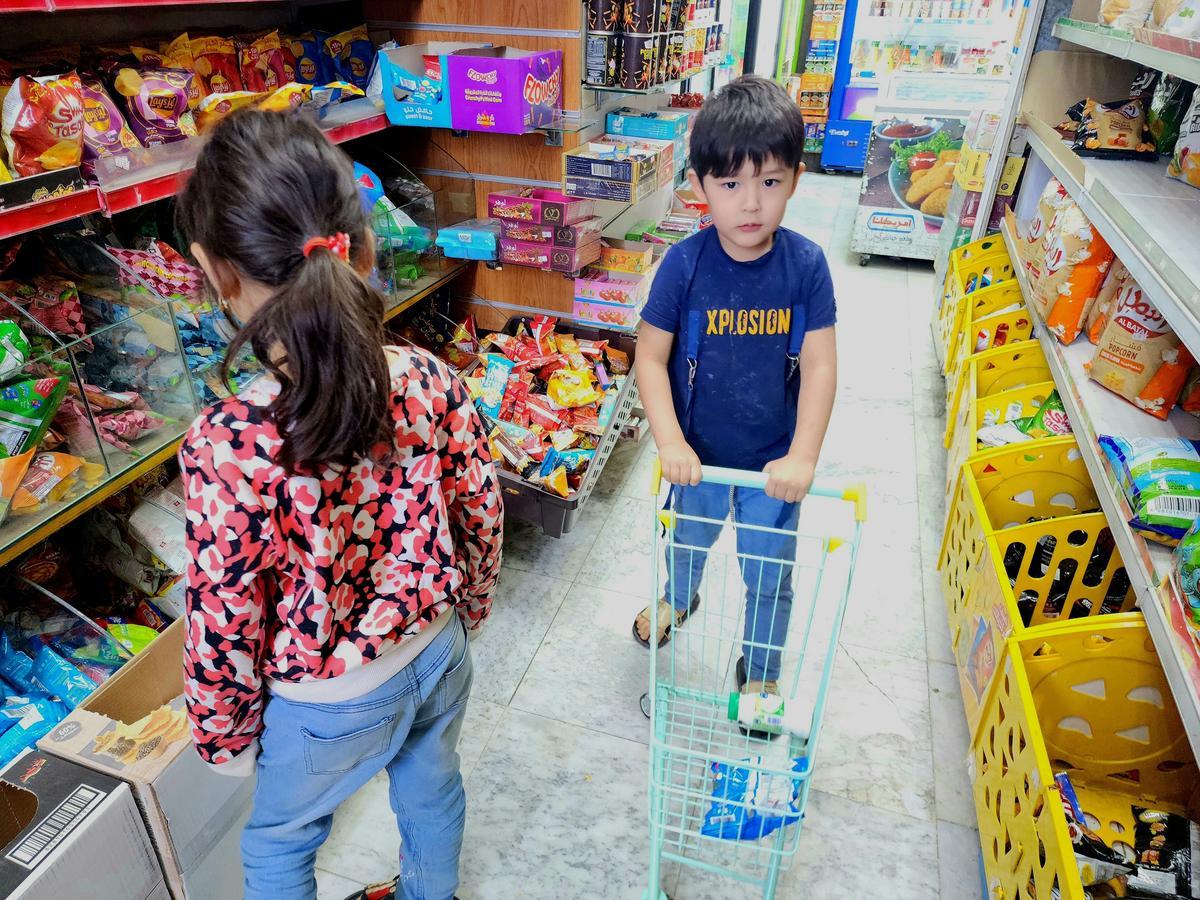For decades, Saudi Arabia’s film industry existed as little more than an underground current, limited by societal norms and regulatory constraints. Fast forward ten years, and it has emerged as a vibrant, state-supported sector—a cultural and economic force in a country rapidly redefining itself. With new festivals, government incentives, and an eager domestic audience, Saudi cinema is moving beyond its borders and onto the global stage. The question now is whether it can sustain this momentum while navigating the challenges of growth and international expectations.
The story of Saudi cinema’s revival is one of both ambition and opportunity. Much of the change can be attributed to broader national strategies to diversify the economy and bolster cultural production. Yet, the enthusiasm of Saudi filmmakers and audiences is just as vital. Social media, often a barometer of public opinion, is alive with discussions about locally produced films, from indie dramas to major festival contenders.
Consider the Netflix release Basma, directed by Fatima Al-Banawi. Set in the bustling city of Jeddah, the film struck a nerve with local viewers who recognized not only its urban landscapes but also its deeply familiar narratives. “It’s like watching our lives on screen for the first time,” one viewer commented, echoing a broader sentiment of pride and ownership over Saudi storytelling.
The industry’s ambitions are far from parochial. At the Cannes Film Festival earlier this year, Norah by Tawfik Alzaidi became the first Saudi film to receive an official selection. Shot in the breathtaking desert landscapes of AlUla, the film explores themes of creativity, companionship, and identity, resonating with global audiences while remaining unmistakably Saudi.
Such achievements build on earlier successes, like Haifaa Al-Mansour’s The Perfect Candidate, which competed at the Venice International Film Festival in 2019. These milestones signal not only the industry’s potential but also its willingness to meet the standards of international cinema. As one Saudi director at the Red Sea Film Festival remarked, “We’ve moved from dreaming of a seat at the table to earning one—and the world is taking notice.”
Beyond the red carpets, the transformation of cinema in Saudi Arabia reflects deeper societal changes. Acting, once dismissed as an unconventional or even controversial career, is now embraced as a legitimate profession. Today, aspiring actors and filmmakers see the industry not just as a creative outlet but as a viable livelihood. “What was unthinkable in the 1980s is now seen as an honorable career path,” noted Amr Al-Qahtani, a prominent Saudi producer.
This cultural acceptance has been driven in part by state initiatives, including scholarships for Saudis to study filmmaking abroad and incentives for local productions. Al-Qahtani, reflecting on the industry’s rapid development, added: “Many of us never imagined we’d see this level of support. It’s not just about the funding; it’s about creating an environment where creativity is respected and nurtured.”
Institutions like the Saudi Film Council have played a pivotal role in shaping the industry. Through grants, training programs, and partnerships with global studios, the council has provided the resources necessary for emerging talent to thrive. Festivals like the Red Sea Film Festival and Riyadh’s Saudi Film Days serve as platforms to showcase this talent, drawing international attention and bolstering the industry’s credibility.
AlUla, with its dramatic desert landscapes and UNESCO-recognized heritage sites, has become a sought-after filming location. Productions shot there include both local films and major international projects, highlighting Saudi Arabia’s potential as a global hub for filmmaking.
Yet, for all its successes, Saudi cinema faces significant challenges. Domestically, the industry must navigate the tension between traditional values and the modern, often boundary-pushing nature of filmmaking. Internationally, it must compete with more established markets in terms of quality, originality, and storytelling.
Al-Qahtani underscores the importance of focusing on scripts and direction: “The backbone of any successful industry is strong storytelling. Without compelling narratives, no amount of funding or promotion will make our films stand out.” He also advocates for Saudi filmmakers to engage with universal themes, ensuring their work resonates with audiences beyond the region.
Perhaps the most promising sign of growth lies in the enthusiasm of Saudi audiences. Historically accustomed to foreign blockbusters, they are increasingly drawn to local productions that reflect their lives and values. This shift not only boosts the industry’s financial viability but also fosters a sense of cultural pride.
For example, the growing popularity of films like Basma and Norah demonstrates how Saudi filmmakers are capturing the nuances of local identity while reaching for broader appeal. “When you see your stories told on screen, it’s powerful,” said a film critic at the Red Sea Film Festival.
As Saudi cinema enters its next decade, its trajectory is marked by both promise and uncertainty. The industry has already achieved milestones that were unthinkable a generation ago, from Cannes premieres to Netflix releases. But sustaining this growth will require a careful balance of state support, creative independence, and global competitiveness.
Whether through visually stunning productions in AlUla or emotionally resonant stories like Basma, Saudi filmmakers are proving that their stories deserve to be heard—not just at home, but around the world.









0 Comments
No comments yet. Be the first to comment!